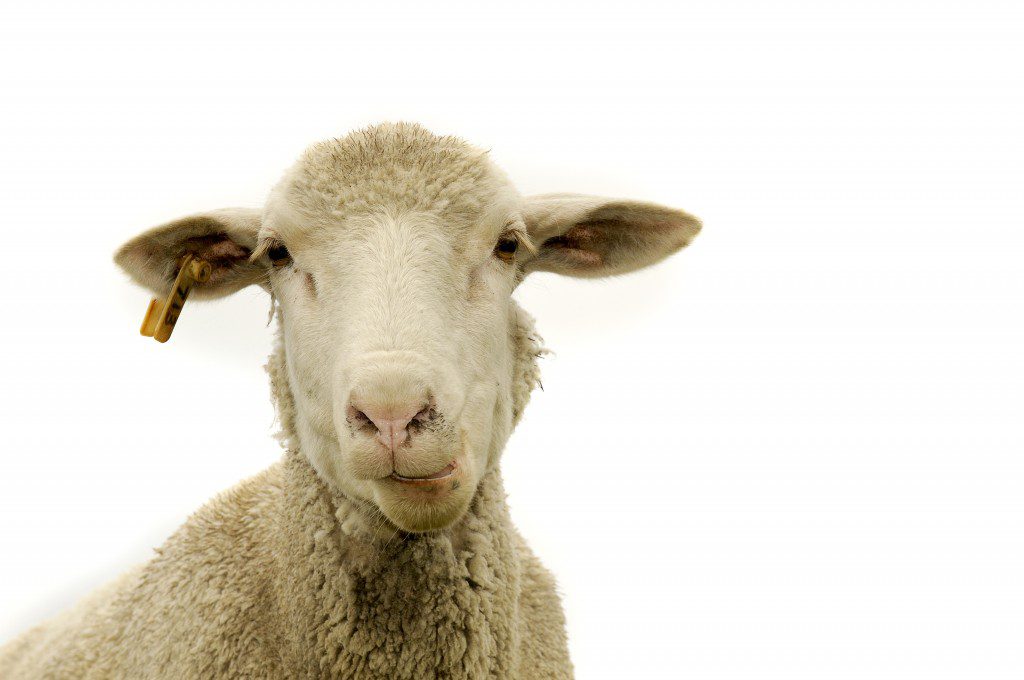Beat of a Different Hoof
Diane Dickinson is the head shepherdess of Shepherd’s Cross, a farm near Claremore producing sheep and anything that goes with them, she says.
“We sell the meat, the wool and wool products, and we process the wool right here on the farm,” Dickinson says.
Since starting the farm 20 years ago, Dickinson and her husband have grown from a small herd of 12 sheep to about 150 today. The farm also produces hay, pecans, black walnuts and vegetables from their garden in addition to the sheep-related products.
The Dickinsons have several reasons for pursuing their enterprise.
“Sheep are at very low numbers in the U.S. and have been declining for many years, and we want to be a part of revitalizing sheep in America,” Dickinson says. “We want to teach about the good qualities of sheep.”
So, in addition to raising animals and their products, Shepherd’s Cross also offers agritourism.
“We teach about basic farming, shepherding and how they relate to the Bible. Only one percent of the entire population of the U.S. are producing farmers, and most of us are gray.”
Dickinson also stresses that agritourism is essential to preserving working farms in the future.
“We are a vital part of the fabric of the American economy,” Dickinson says. “If farms disappear from our culture, we will be totally dependent on other nations. Oklahomans have always been an independent people. If we want to maintain that independence, it is vital for us to continue to produce specialty products and support small business.”
Shopping Local … Really
So how can Oklahomans support their specialty farms? One avenue would be to join a Community Supported Agriculture (CSA) program, which provides seasonal produce for its members. Customers can often sign up for a CSA program with a specific farmer or grower for a monthly or annual fee to receive products as they become available.
Bob Waldrop, Oklahoma Food Cooperative president and co-founder, says that a co-op is another way that Oklahomans can support and benefit from farmers.
“We make it easy for people to buy directly from Oklahoma farmers,” Waldrop says. “We operate via an online ordering system coupled with a volunteer delivery system. Each month our members order online, and then on the third Thursday [of every month], the producers bring everyone’s order to Oklahoma City, the co-op volunteers sort everything to individual customer orders and then send them out to 52 pickup sites located around the state.”
Waldrop adds that the best support, however, is to buy at least some of your family’s food directly from Oklahoma farmers, whether that is through the Oklahoma Food Cooperative, farmers markets, roadside stands or other direct marketing opportunities.
“Buying food direct from Oklahoma farmers is homegrown, grassroots economic development,” Waldrop says. “It connects rural producers with urban customers. It provides a way for people to ‘do good’ with their grocery dollars, while at the same time providing their families with the tastiest, most nutritious, and safest food available anywhere.”























